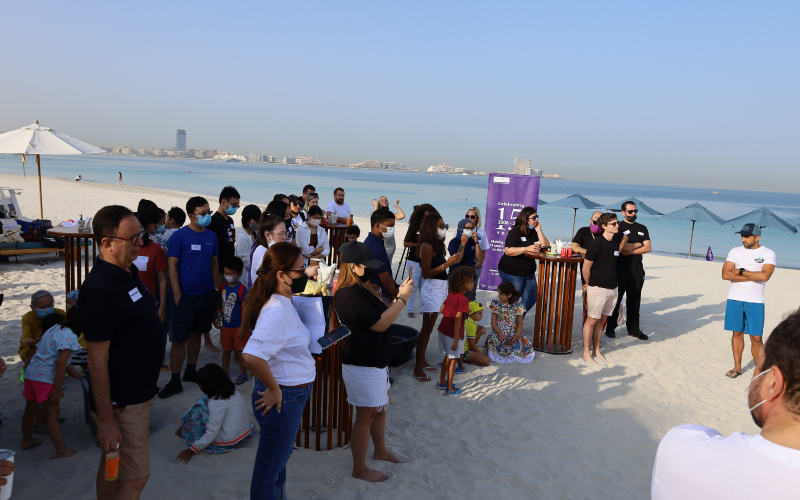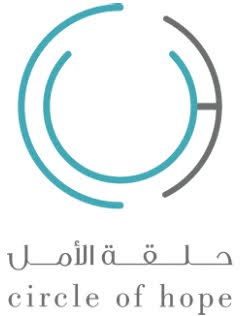Contact us
Address:
Block 2B, First Floor, Office 116, Dubai Knowledge Park
P.O. Box 502907
Dubai, UAE
T: +971 (0)4 446 8664
E:info.me@manchester.ac.uk
Block 2B, First Floor, Office 116, Dubai Knowledge Park
P.O. Box 502907
Dubai, UAE
T: +971 (0)4 446 8664
E:info.me@manchester.ac.uk
© Copyright 2025 The University of Manchester - Dubai










.jpeg)



































